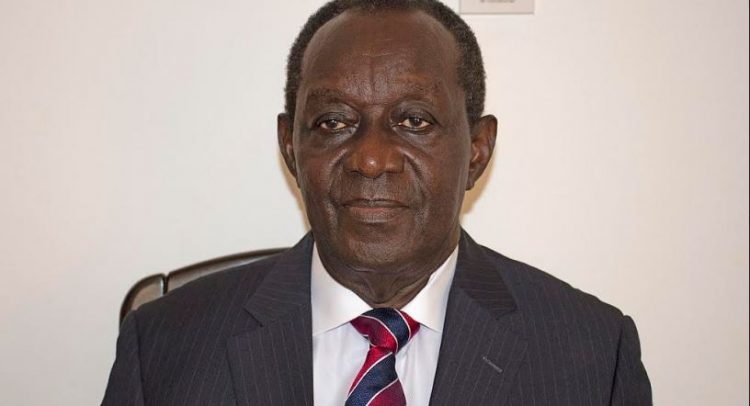

Unauthorized borrowing and weak financial systems have been identified as some of the causes of the high indebtedness of the University of Ghana (UG).
This was revealed in the 2018 special Auditor General Report on some selected institutions.
The report proved that the University as at 2017 owed GH¢259,912,377.69 in respect of loans and bonds.
It also indicated that Finance and General Purposes Committee (FGPC) of the institution failed to develop a borrowing strategy, and the weak oversight on financial borrowing increased the debt from GHC 25,251,707.00 in 2014 to GHC 259,912,377.69 in the period.
“Contrary to Policy No. 1301(1), the UG does not have any approved borrowing strategy and policies. Again, the UG Financial Regulations and Governance under Policy No. 1301(2) delegated all executive decisions concerning borrowing, to the Director of Finance. (DoF), without specifying guidelines on debt initiations, approval processes, and recourse to an oversight function. We recommend that the University Council should strengthen its oversight functions and ensure that the Finance and General-Purpose Committee develop clear procedures to ensure that all borrowings are adequately justified before approvals.”
Although University Management said that the Council had a strong supervisory role over the University’s finances, and overdrafts, the report mentioned that there was no feasibility analysis carried out to justify the borrowings which were duly approved upon the recommendation of the Finance and General-Purpose Committee (FGPC),
“In our view, there were no feasibility analysis carried out to justify the borrowings. We further urged, Management to provide us with feasibility analysis report and Council’s approvals”, the report added.
No financial borrowing strategy
The Auditor General disclosed that the absence of a financial borrowing strategy by the University, which would “outline roles and responsibilities in the arrangements of borrowing, determination of borrowing needs, clear mechanism of servicing loans, and provision of a timely report on the utilization of the facility to the FGPC.
Again, the anticipation of budget deficits to warrant financial borrowing are not shown in the annual budgets of the University and there is no evidence of how UG mitigates the effect of borrowings denominated in foreign currency.
UG unpaid debts to banks for hostel projects
Management explained that the loan balance arose because the government did not honour the assurance to repay the initial loan amount.
The University has incurred a judgement debt of 528 million cedis for failing to service a 43 million cedi loan it secured for the construction of some halls of residence under the University of Ghana Enterprise Limited (UGEL)
But, the University now says it “plans to mitigate the effects of foreign currency denominated borrowing with fees from foreign students who pay in US dollars”.
Recommendations
On the weak oversight control in financial borrowing, the Auditor General, therefore, suggested to the University that their Council should “strengthen its oversight functions and ensure that the Finance and General-Purpose Committee develop clear procedures to ensure that all borrowings are adequately justified before approvals.”
University Management was further urged to provide feasibility analysis report and Council’s approvals of the loans.
“We recommended that Management should liaise with the Council to develop borrowing strategy and policy to ensure that the funding needs of UG are met in a most efficient and transparent manner. Again, Management should liaise with the Minister of Finance to assist in the determination of maximum amount the University can borrow in line with Section 76(1) of the Public Financial Management Act, 2016 (Act 921).”
The post Auditor General attributes huge UG debts to unauthorized borrowing, weak financial oversight appeared first on Citi Newsroom.
Read Full Story



























Facebook
Twitter
Pinterest
Instagram
Google+
YouTube
LinkedIn
RSS